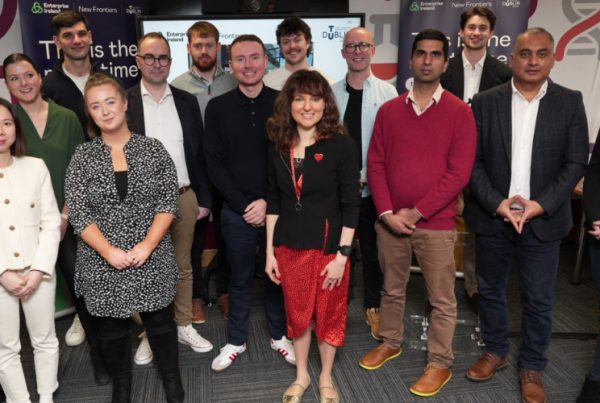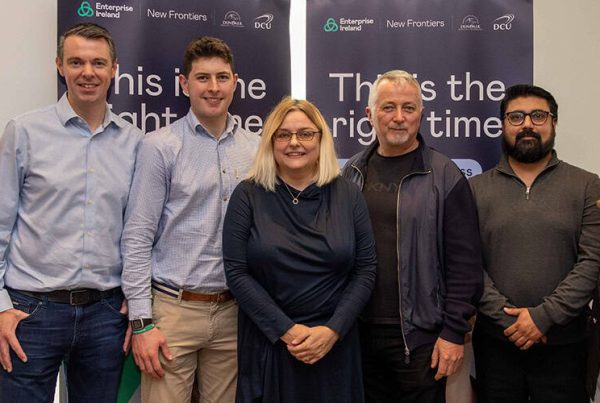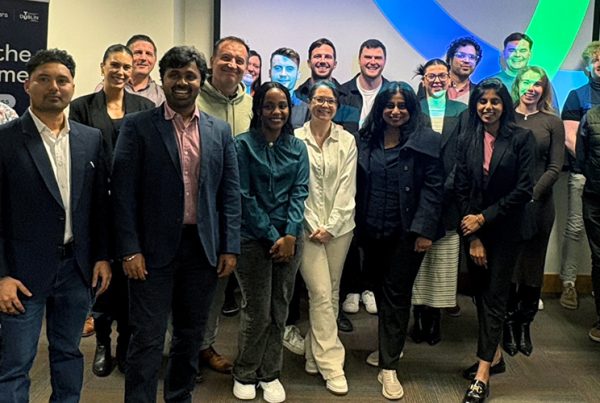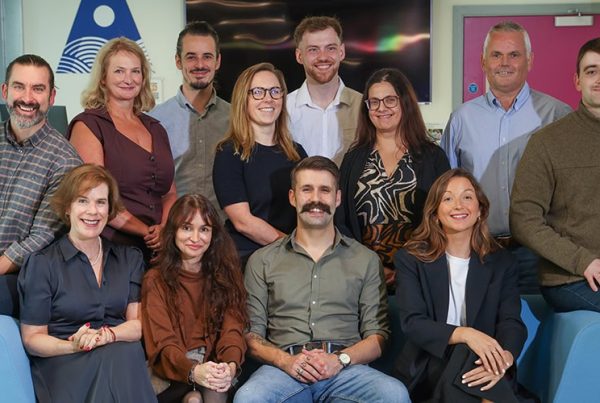
Because New Frontiers is a nationwide programme open to entrepreneurs from a wide variety of sectors, it’s often difficult to answer the question “Am I eligible?” with a simple yes or no. Here are some factors you should consider if you’re thinking of applying to the programme.
1: Applications are accepted at different times, so applicants should contact their preferred Institute of Technology directly to find out when the next round of applications should be submitted.
2: The first port of call for prospective participants is to get in touch with the incubator at their local Institute of Technology and talk to the local Programme Manager. He or she will be able to give you concrete feedback on whether or not New Frontiers is likely to be a good match for you and explain the next steps to take.
3: A key element of the programme is that it is standardised across the country. Although Programme Managers have the freedom to adapt the programme to the profiles of their candidates, you can be sure of receiving the same high-quality support and training – from Cork to Letterkenny. We always advise entrepreneurs to apply at the Institute of Technology closest to where they are based, as the benefits of staying close to your support network during the sometimes trying early stages of starting your business is inestimable.
4: New Frontiers participants often find that their business idea changes as they progress on the course. We’ve had cases of entrepreneurs embarking on Phase 2 of the programme with a beta version of their product already created, only to discover that a different direction was needed and that they had to go back to the drawing board.
5: A key consideration for programme participants should be to use their time wisely. Sometimes, entrepreneurs don’t get in front of their potential customers quickly enough and can find that they have used up their six months and their stipend without having checked whether their product or service is worth enough to customers. Constantly perfecting the idea – before perfecting the value of it to the customer – is a reason why some New Frontiers projects don’t reach their full potential.
6: New Frontiers focuses mainly on the individual, rather than the business idea. Typically, the programme looks for a participant who has a good education, a good employment history and a strong technical background (although there are no required educational attainments).
7: Entrepreneurs need to show an immense amount of tenacity, because for every ‘yes’ you’ll get 19 ‘nos’. It’s an environment where you have to be extremely flexible and dynamic. A competitor can come into the market tomorrow, and you’ll have to change, move and adapt in order to grow and survive. You have to be a great people person, and you’ll need charisma to get people to buy into your dream.
8: New Frontiers looks for entrepreneurs with an innovative idea for a business that is scalable across export markets and will provide employment. The programme’s aim is to find people with the capability and commitment to become the industry leaders of tomorrow.
9: Participants are selected by an independent panel – chaired by the Enterprise Ireland regional manager – in conjunction with the Institute of Technology. The panel is agnostic as to the sector of the proposed companies, although a higher proportion of businesses tend to be in IT and social media related projects, as well as engineering, medical devices, food and services.
10: You don’t have to be Irish to participate on the programme, but you must be an Irish resident with a PPS Number.
About the author
 Declan Lyons
Declan Lyons
Declan is a manager with Enterprise Ireland. He is responsible for programmes which enhance collaborative research between industry and the Higher Education sector.
Recent articles

Raise Your Startup’s Visibility & Credibility By Entering These Competitions

Founder Perspectives: Lessons From Building Businesses In Sustainability

Tech Startups In The Age Of AI: Alumnus Paul Savage On Speed, Quality & Risk

Fourteen Startup Founders Graduate From Phase 2 Of New Frontiers In Tallaght

Eleven Founders Graduate From New Frontiers In The Border Mid-East Region

Laying The Right Groundwork Helps Startups Prepare For Export Success

Startup In Dublin: Learn More About New Frontiers On TU Dublin’s Grangegorman Campus

 Declan Lyons
Declan Lyons
